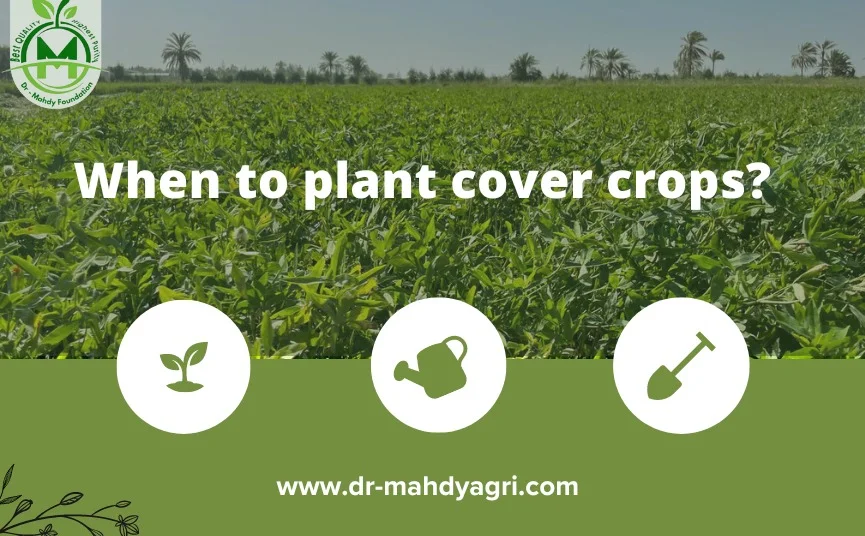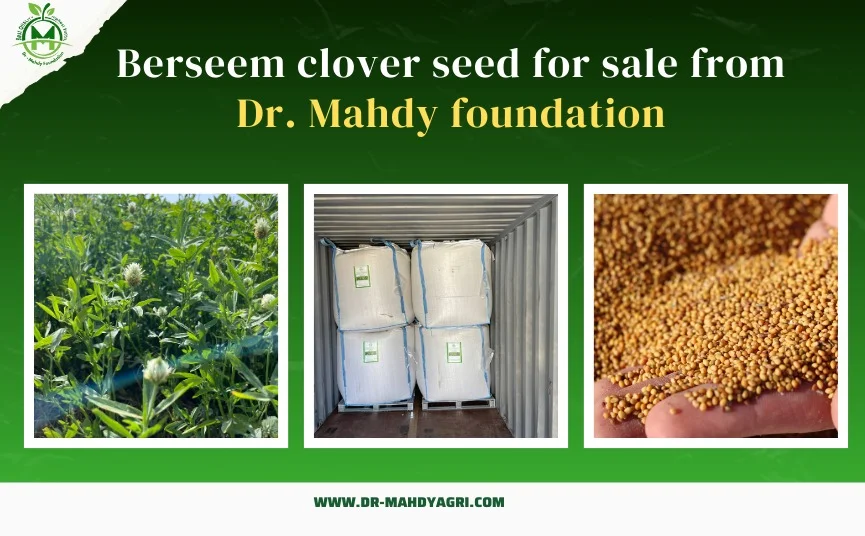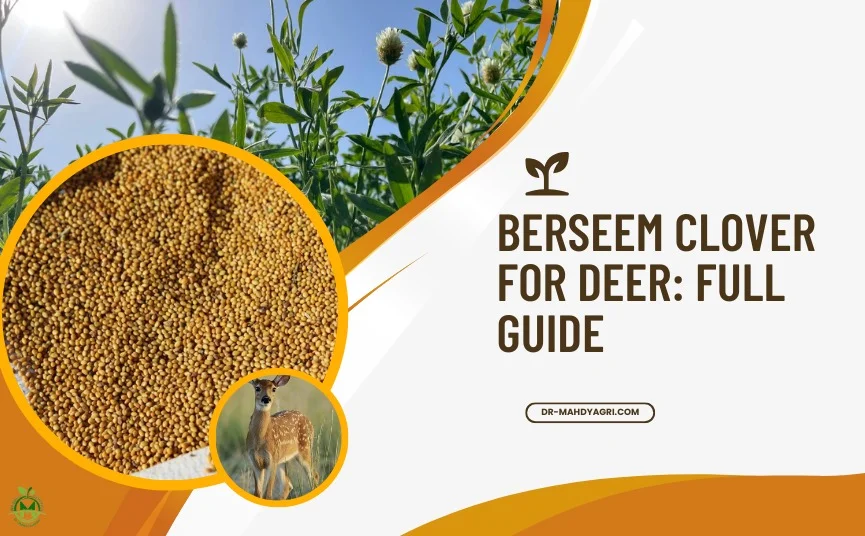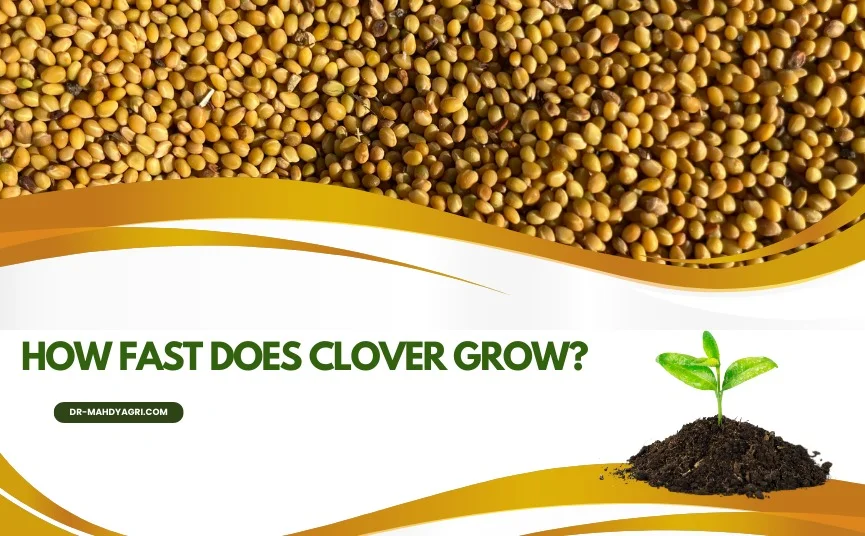

Explore how seed quality affects animal health and milk production. Learn about the key factors in selecting the best fodder choice for enhanced milk production.
Introduction
In the realm of agriculture and animal husbandry, the impact of seed quality on animal health and milk production cannot be overstated. The choices we make in selecting the right fodder can significantly influence the well-being of our livestock and the quality and quantity of milk they produce. This article delves into the intricate relationship between seed quality and animal health, shedding light on the paramount importance of optimal fodder choice relative to milk production. Let's explore the multifaceted aspects of this crucial topic.
Fodder Choice Relative to Milk Production
Seed quality's pivotal role in determining the health and productivity of animals cannot be emphasized enough. The fodder we provide to our livestock serves as their primary source of nutrition, influencing everything from growth to immune function. When considering fodder choices in relation to milk production, several essential factors come into play.
1. Nutrient Profile: Nurturing Health from the Ground Up
The foundation of optimal milk production lies in the nutrient profile of the fodder. High-quality seeds yield crops abundant in essential vitamins, minerals, and macronutrients. These nutrients are directly transferred to the animals consuming the fodder, promoting robust health and bolstering milk production. A deficiency in nutrients due to poor seed quality can lead to compromised animal health and reduced milk yields.
2. Forage Digestibility: Enhancing Nutrient Absorption
The digestibility of the forage is intricately tied to seed quality. High-quality seeds give rise to crops with improved digestibility, ensuring that animals can efficiently absorb the nutrients present in the fodder. Enhanced digestibility translates to optimal nutrient utilization, resulting in healthier animals that can maximize their milk production potential.
3. Disease Resistance: Safeguarding Livestock Health
Seed quality extends its influence beyond mere nutrition. Crops derived from superior seeds often exhibit increased disease resistance due to their genetic makeup. Such crops are less susceptible to infections, reducing the need for excessive pesticide application. By choosing seeds that foster disease-resistant plants, we create a protective shield around our livestock, preventing health setbacks that could hamper milk production.
4. Balanced Ration: A Recipe for Milk Production Success
The art of fodder choice extends beyond individual nutrients; it's about creating a balanced ration. Optimal seed quality ensures that the fodder offers a well-rounded blend of nutrients, catering to the diverse needs of animals during various life stages. A balanced ration contributes to uniform growth, peak reproductive performance, and, ultimately, elevated milk production.
5. Palatability and Consumption: Appealing to Livestock Tastes
Even the healthiest fodder is ineffective if animals don't consume it willingly. Seed quality influences the taste, texture, and aroma of the crops grown. High-quality seeds yield forage that is palatable to livestock, encouraging them to eat heartily. Increased consumption directly correlates with higher milk production, making seed quality a linchpin in ensuring optimal livestock nutrition.
6. Hormone Balance: Nurturing Reproductive Health
The fodder's nutrient composition, influenced by seed quality, plays a vital role in maintaining hormone balance within animals. Hormones govern reproductive health, and an imbalance can lead to fertility issues and reduced milk production. By selecting seeds that yield crops rich in hormone-regulating nutrients, we support the overall reproductive well-being of our livestock.
FAQs
Q: Can I improve milk production solely by altering the seed quality of fodder? A: While seed quality is a significant factor, other considerations such as animal genetics, management practices, and environmental conditions also impact milk production.
Q: Are genetically modified seeds beneficial for animal health? A: Genetically modified seeds can offer advantages like disease resistance, but careful evaluation is necessary to ensure their safety for both animals and consumers.
Q: How can I assess seed quality before planting? A: Look for seeds with high germination rates, uniform size, and resistance to common pests and diseases. Conducting a germination test can also provide insights into seed viability.
Q: Can poor-quality seeds lead to long-term health issues in animals? A: Yes, poor-quality seeds can result in nutrient deficiencies, compromised immunity, and overall poor health in livestock over time.
Q: Is organic fodder, grown from high-quality seeds, a better choice for milk production? A: Organic fodder can offer benefits like reduced pesticide exposure, but seed quality remains a crucial determinant of



